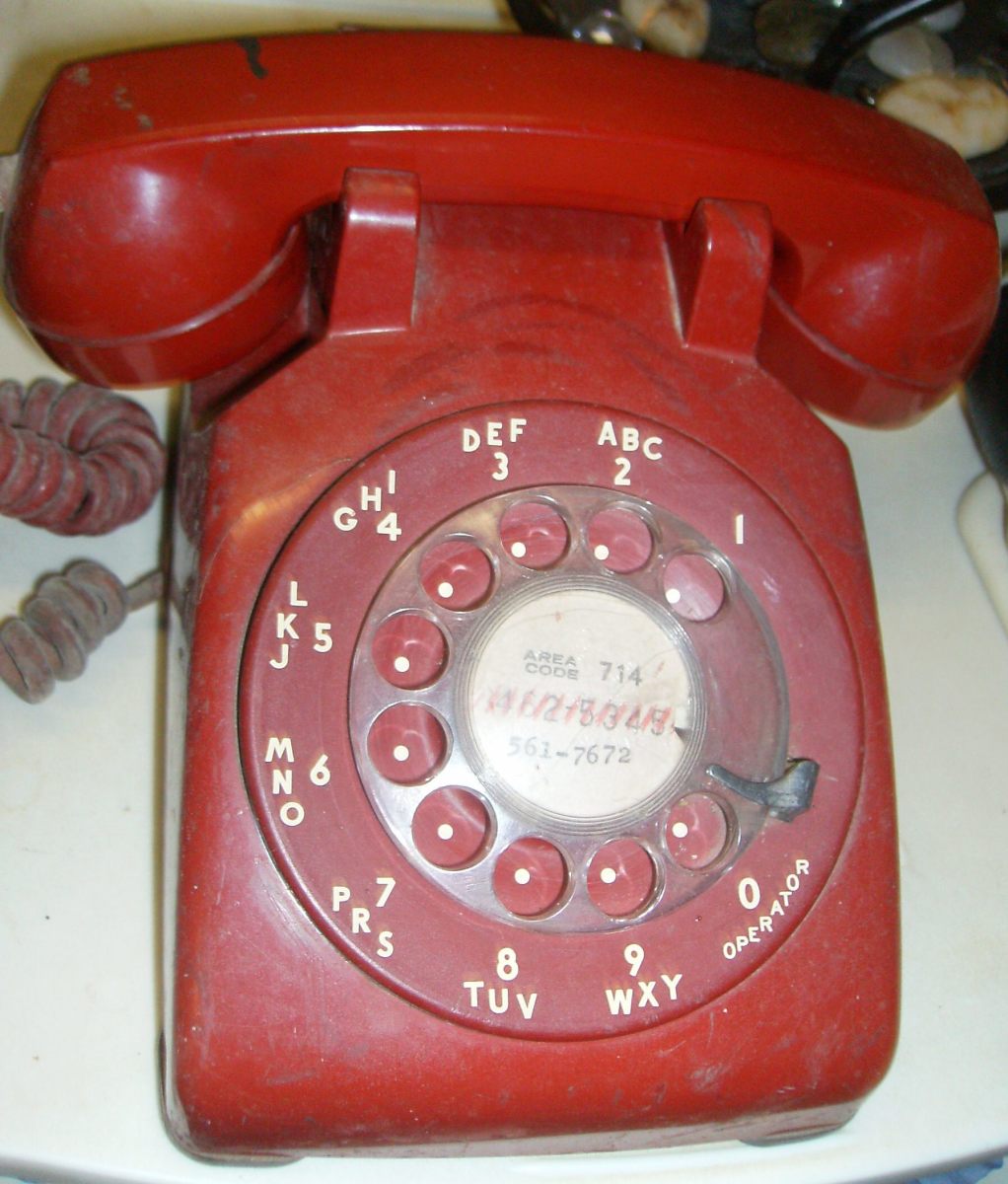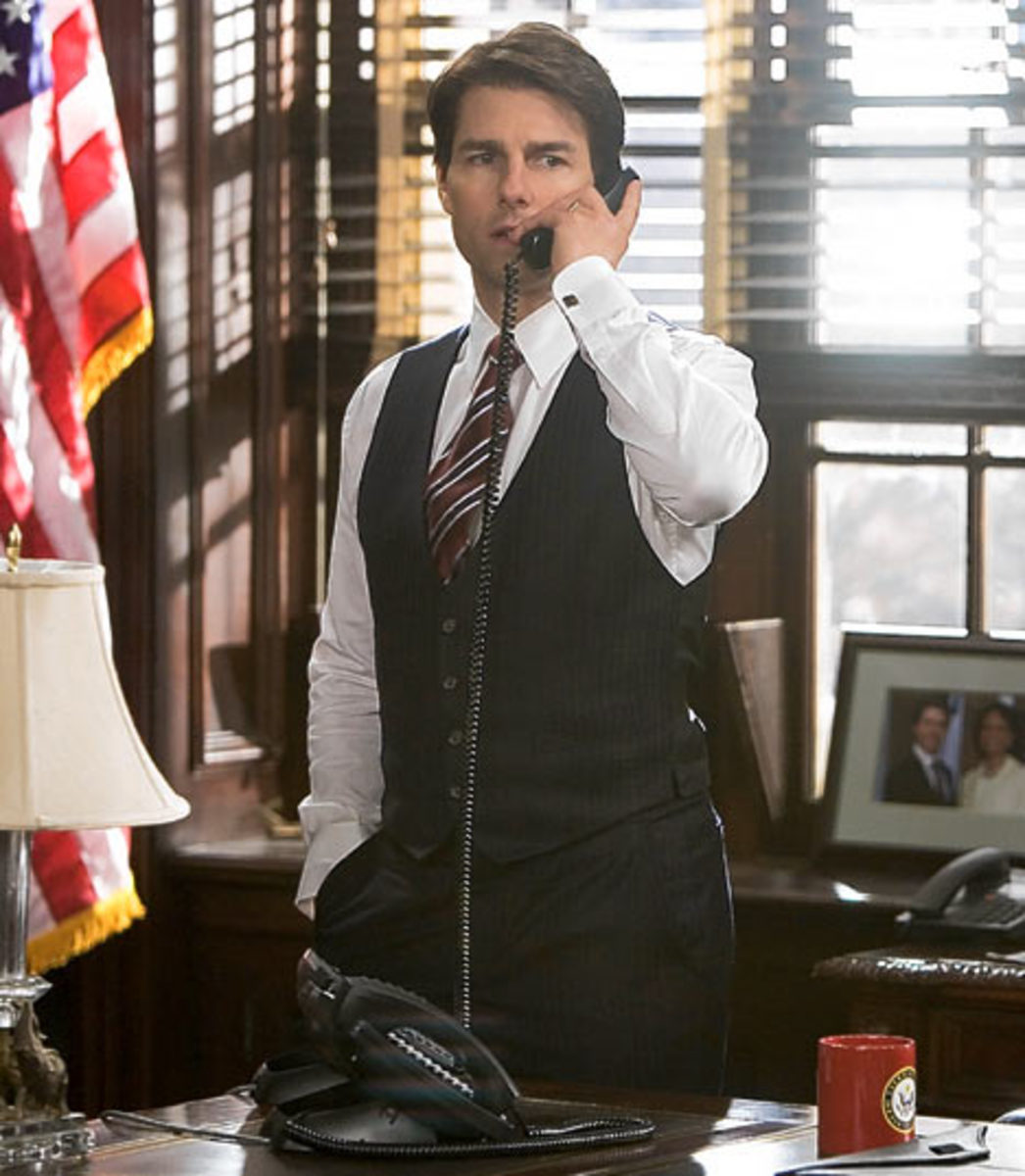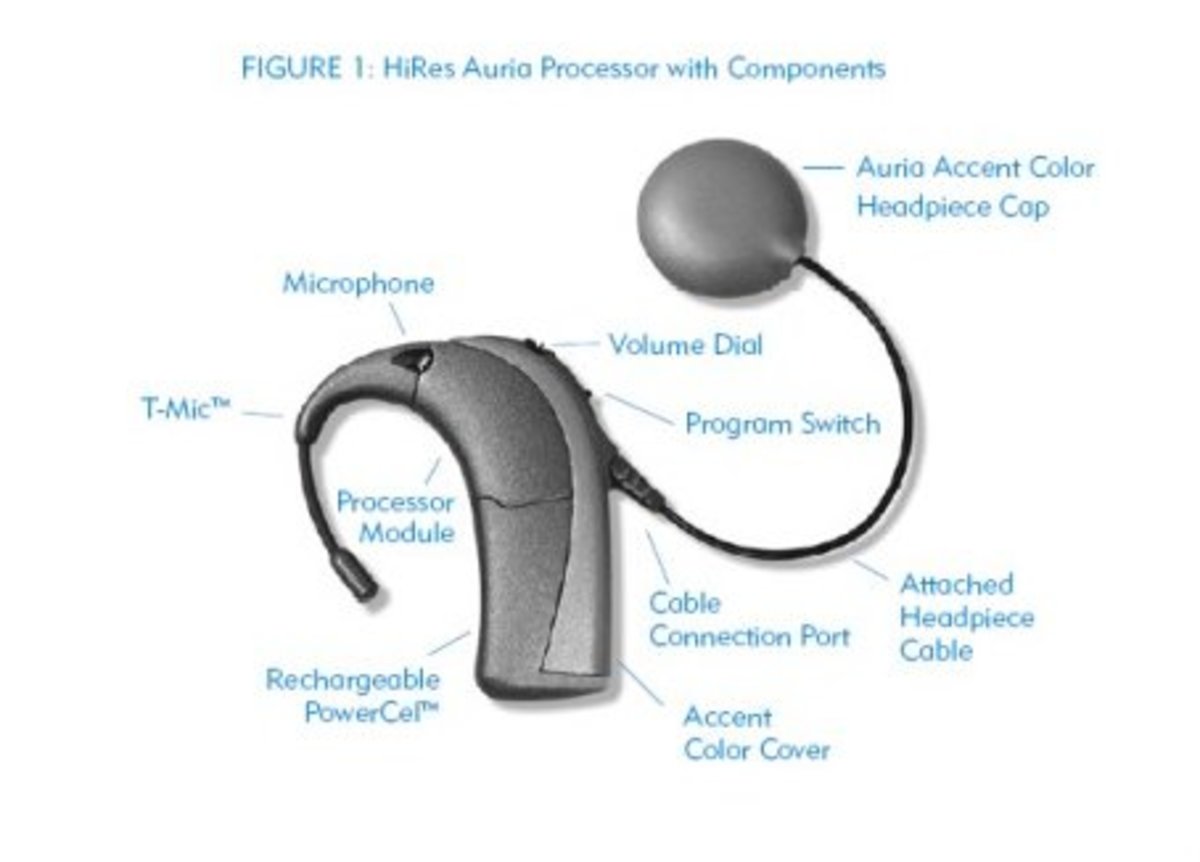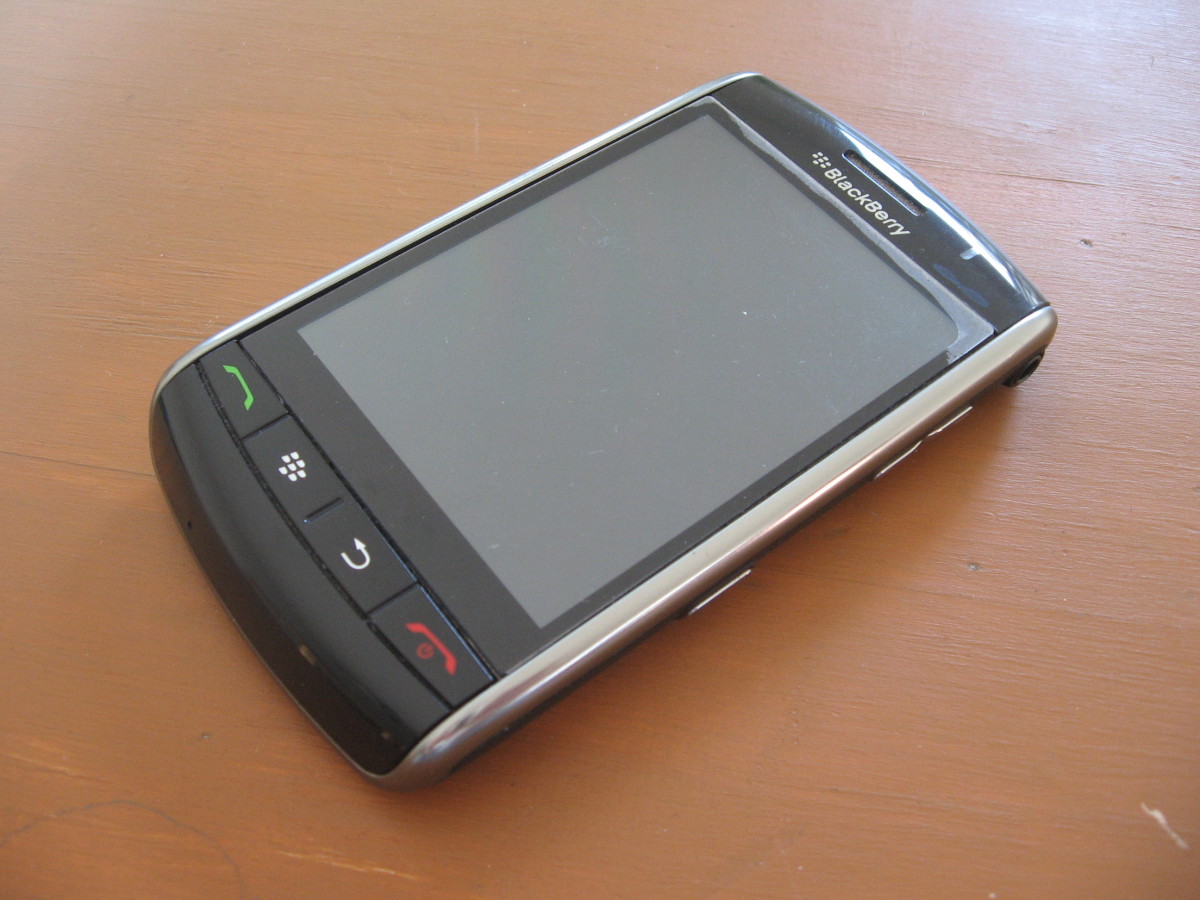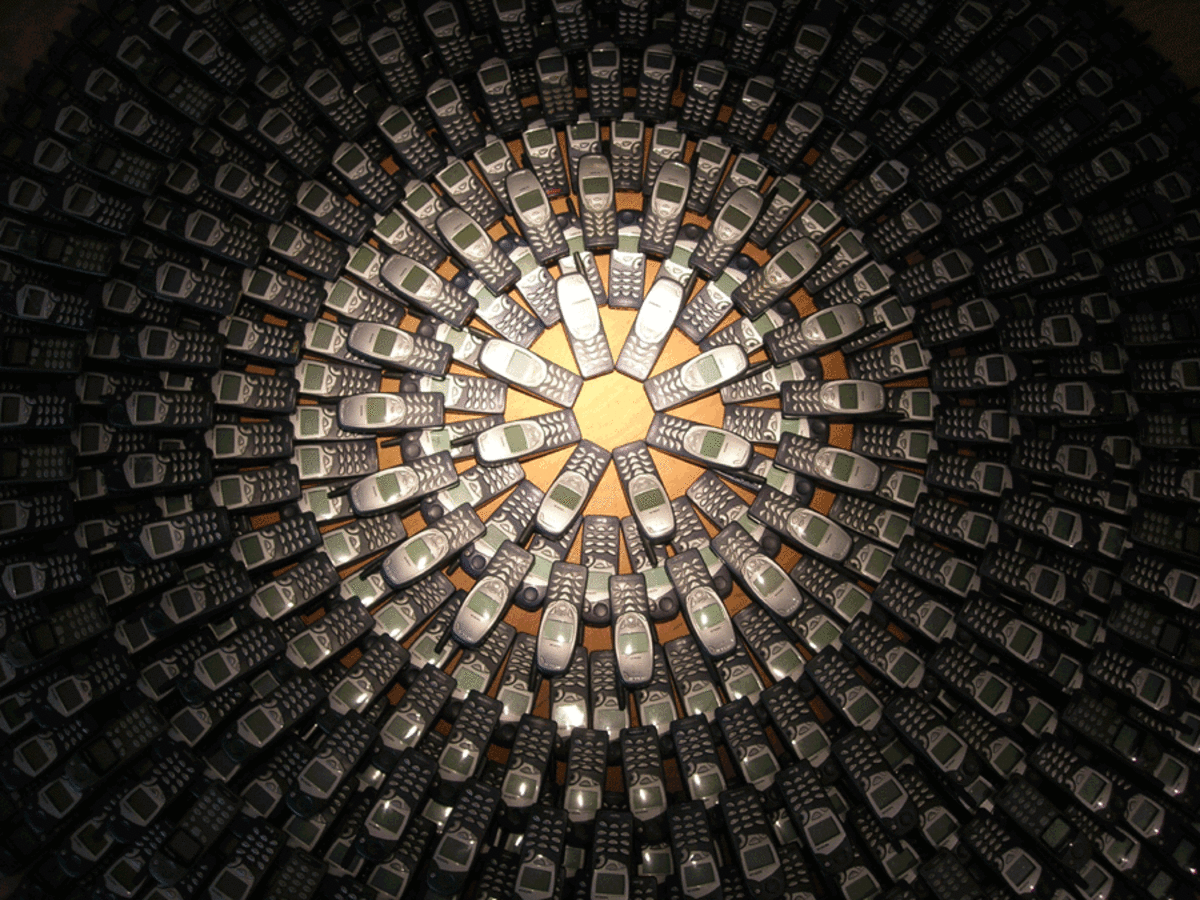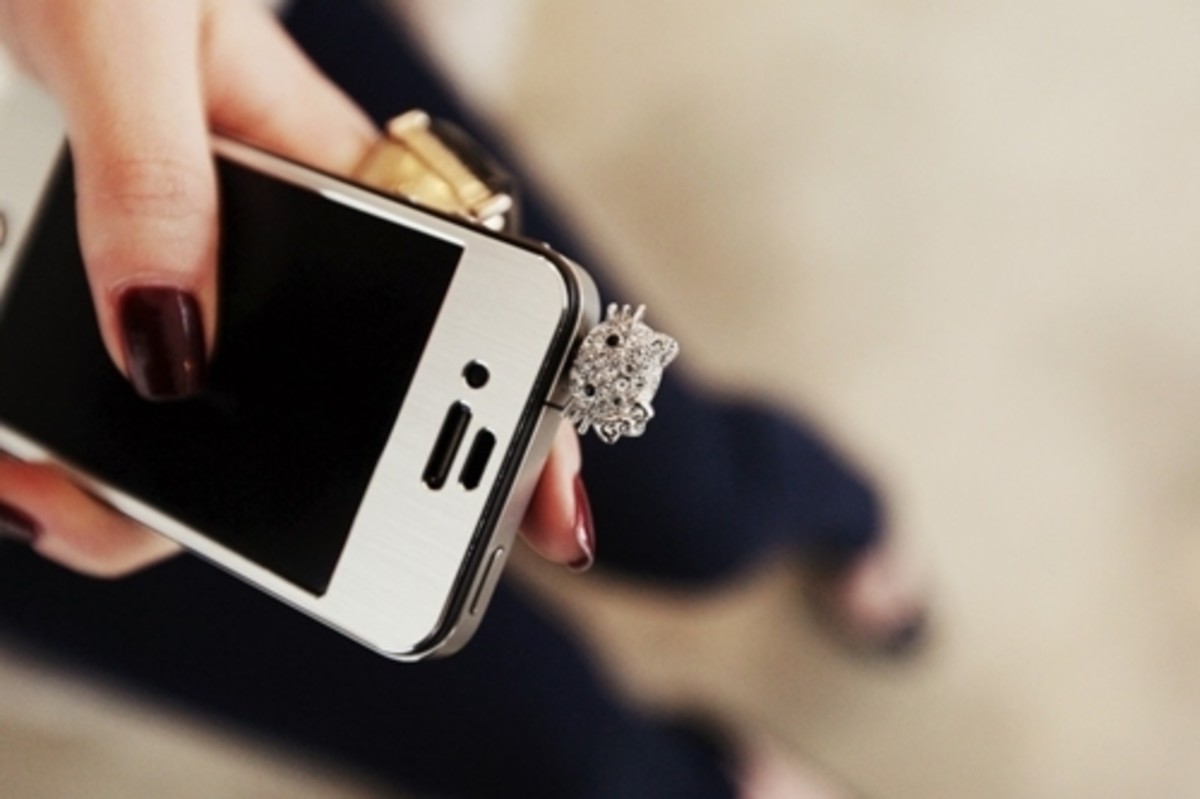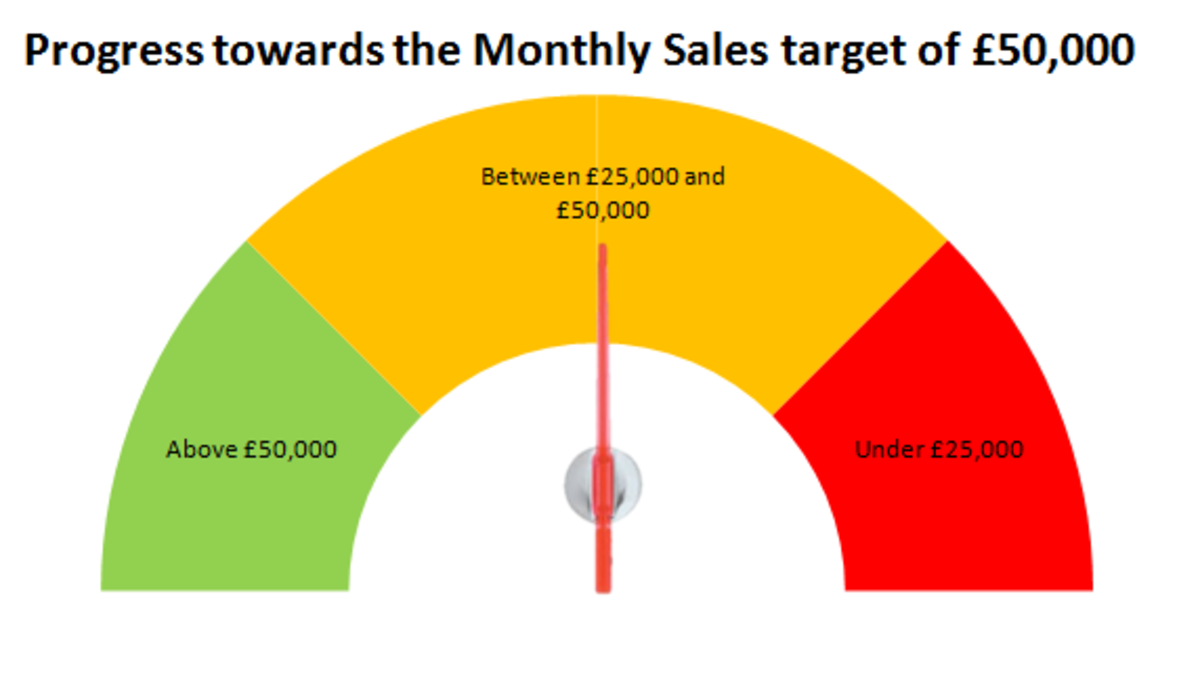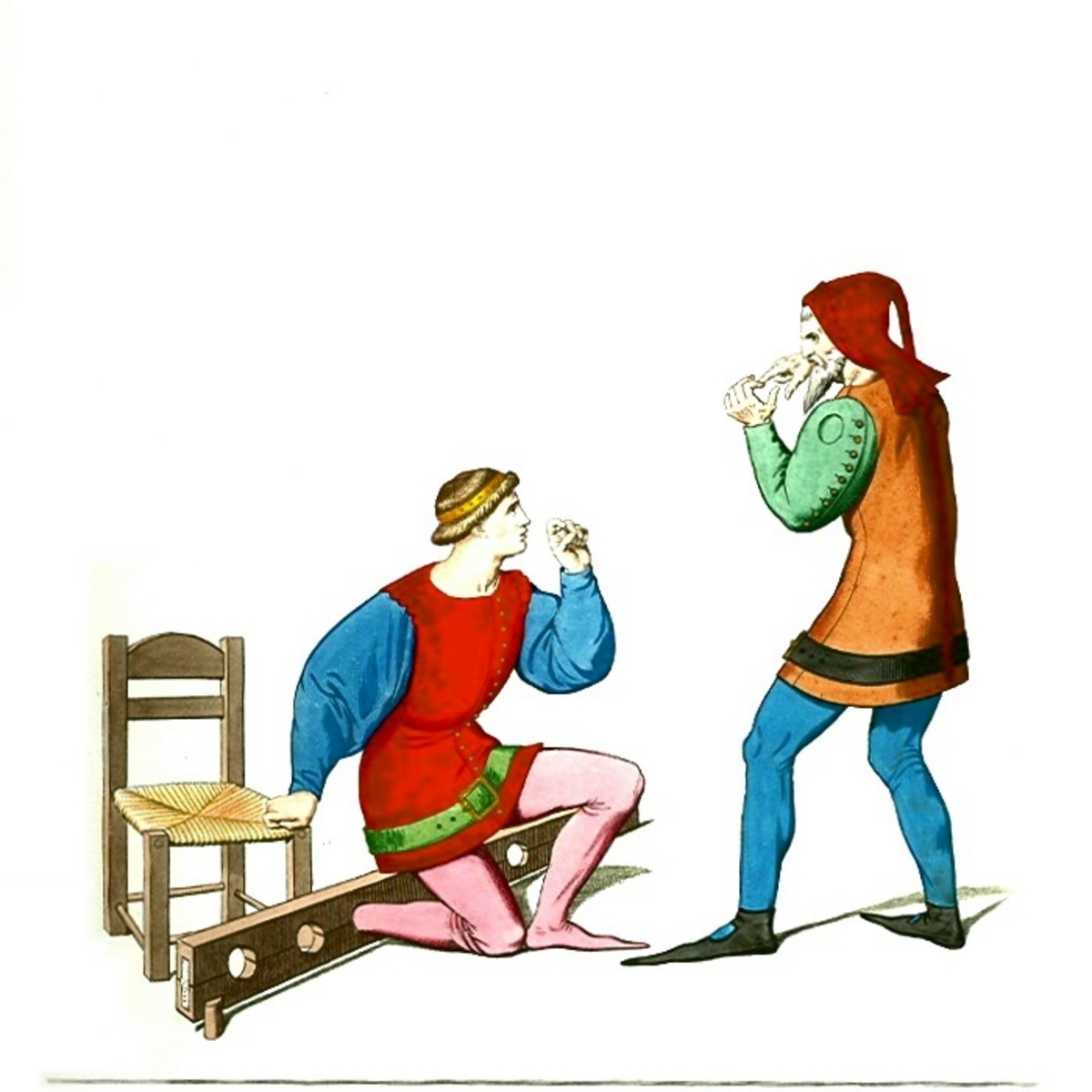Are we too connected to our technology?
Are we too connected that we can not get away from our computers and PDA's and cell phones? Are you on Facebook? Twitter? LinkedIn? All of them and more?
Have you ever need to go out somewhere such as to shop for groceries or to get some exercise at the gym, but then you get a tweet and so you go see what it says. You get an instant message on your chat window, so now you have to reply. You get a recommendation request on LinkedIn. Now you get a "breaking" news story" coming in.
And during all that time that you are doing all these things, 10 new emails has just come into your inbox -- 7 of which is spam which you had to go and delete. 3 of them which you just "have to read". One of which is an notification that you got an reply from one of your forum posts. So now you have to visit the web forum.
The scenario is a bit of an exaggeration (at least, I hope it is). But you get the picture. Since the number of hours stays the same, the greater number of connections that we have, the less we can devote to each connection. It is no wonder that we are always saying we don't have enough time. As the breadth of our connections increases, the depth of our connections decreases.
Are we being tied down with all these "connections"? We try to be healthy by taking the time to buy fresh groceries. We try to enjoy a nature hike, but end up checking emails on our iPhone. We try to make time for the gym, but we end up stuck behind a computer.
Cell Phones
Then an hour or two after being tied down by the computer, you are ready to head out the door. And when you stop by the restroom first, the cell phone rings. Technology is with us everywhere, even in the restrooms. Do we not have solitude anymore?
And I have seen people talking on cell phones in public restrooms. Snopes.com tells of a funny tale of cell phone use in public restroom.
It is not proper etiquette to be chatting on cell phones in public restrooms. The International Center for Bathroom Etiquette website say to not do that. Yes, there is such a site at icbe.org and its been around since 1995.
It is also bad etiquette to be using cell phones during dinner. See article How to Confront a BlackBerry Addict.
HuffingtonPost had a story that says ...
"Last week I was at a dinner with a few of my friends, and I could not believe how many of them were physically present without ever being there. We had not been able to get everyone together for a very long time and I thought we were all looking forward to catching up and having a good time. But instead, they spent the majority of the time on their Blackberries sending messages or checking messages, Tweeting, updating their status, taking photos for instant Facebook upload, telling everyone who they were having dinner with, while not actually having dinner with me or each other."
Tal Ben-Shahar recommends in Happiness 101 DVD to try to turn off the phone for a few hours each day so that you can spend quality time with family.
Technology Taking Over Our Lives
Are we addicted to our cell phones? WebMD article "When Technology Addiction Takes Over Your Life" mentions studies that found ...
"half of the study participants reported checking their email once an hour, while some individuals check up to 30 to 40 times an hour. An AOL study revealed that 59 percent of PDA users check every single time an email arrives and 83 percent check email every day on vacation."
The article mentions one CEO that "got a 24/7 technology habit, even checking messages from the bathroom". The CEO mentions ...
"I'm so addicted to this device that I stopped mid-bite to rush to send this message. My dining partners are staring at me with contempt as I write this. ... My BlackBerry runs my life,"
She gets up to 500 emails and text per day and she is compelled to answer each one, causing her insomnia.
This is not an isolated case, an IT manager said ...
"I live and die in email... I tend to lose out on a lot of other experiences, like when I should be paying attention at the dinner table."
In the WebMD article, Edward Hallowell, MD says this is not healthy: "But they don't realize that it's as harmful for them as obesity or cigarette smoking." Some people can get a dopamine rush from clicking an unopened email. It is addictive.
Taking Back Our Lives
Blogger Leo Babauta tries to get rid of his email inbox because he felt that it was taking up too much of his time and he wanted to simply his life. In his post Killing Email: How and Why I Ditched My Inbox on his blog ZenHabits.net, he writes ...
"I’ve declared independence from email. After more than 15 years of dealing with email, of checking email multiple times a day, of responding over and over throughout the day, of deleting spam and unsubscribing from newsletters and unwanted notices, of filtering out messages and notifications, of deleting those dumb forwarded jokes and chain mails … I’m done."
His words shows his frustration with email taking over his life. He says that he is done with email because ...
"email takes up too much of my time. I’m done, because I don’t like being at the mercy of every incoming request..."
Another blogger Paul Carr wrote on TechCrunch that he closed down all its social media accounts including Facebook, Linkedin, Foursquare, Blippy, Yammer, and Dopplr. His twitter account was the last to go, but eventually it went too.
These two were prominent cases because Leo is the owner of ZenHabits.net, the top blog of 2010 (according to Time.com). And Paul Carr had a 10,000 twitter following. However, I'm sure there are many other people who have tried similarly to take back their lives from the technology that has taken hold of them.
Are we addicted?
ComputerWorld reports of a study that "shows 48% check Facebook, Twitter at night or first thing in morning".
HuffingtonPost had article titled "Study: Students ADDICTED To Social Media" where the word addicted is in all caps. The article reports on a study from the University of Maryland by saying "students are addicted to social media, and computers and smartphones deliver their drug."
But does it meet the criteria of "addiction" as defined by the DSM (Diagnostic and Statistical Manual of Mental Disorders)? It is on the same level as drug addiction or addicted to cigarettes?
PsychologyToday article says that perhaps the use of the word "addiction" is used too loosely because it makes good headline. And it urges readers to read the actual study before drawing quick conclusions.
So here is the actual University of Maryland study where 200 students were asked to abstain from media: no Internet, no newspapers or magazines, no TV, no cell phones, no iPod, no music or movies, etc. And definitely no Facebook.
There, you can read some of the students comments after the study and draw your own conclusion as to whether it is addiction or not.

